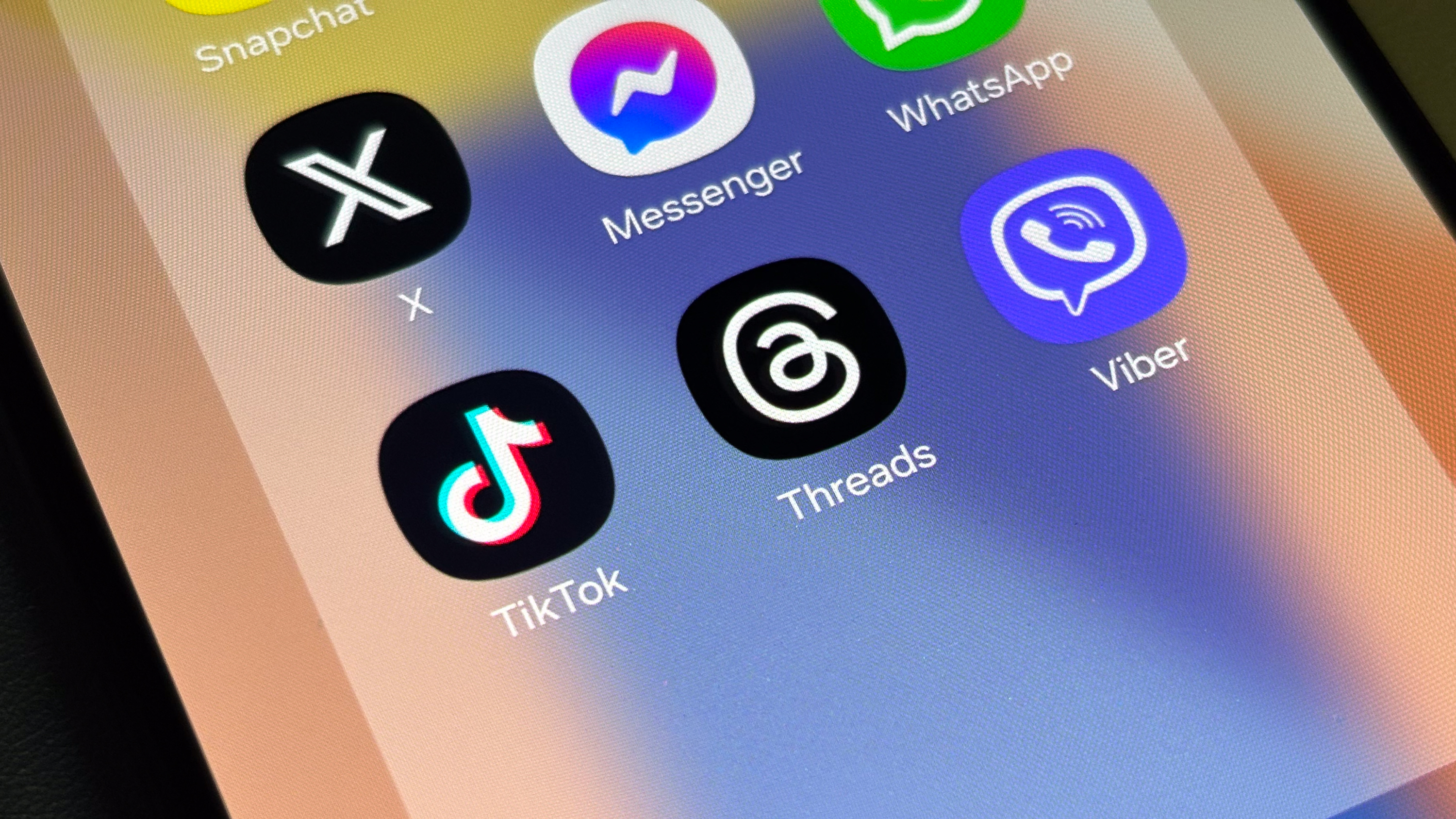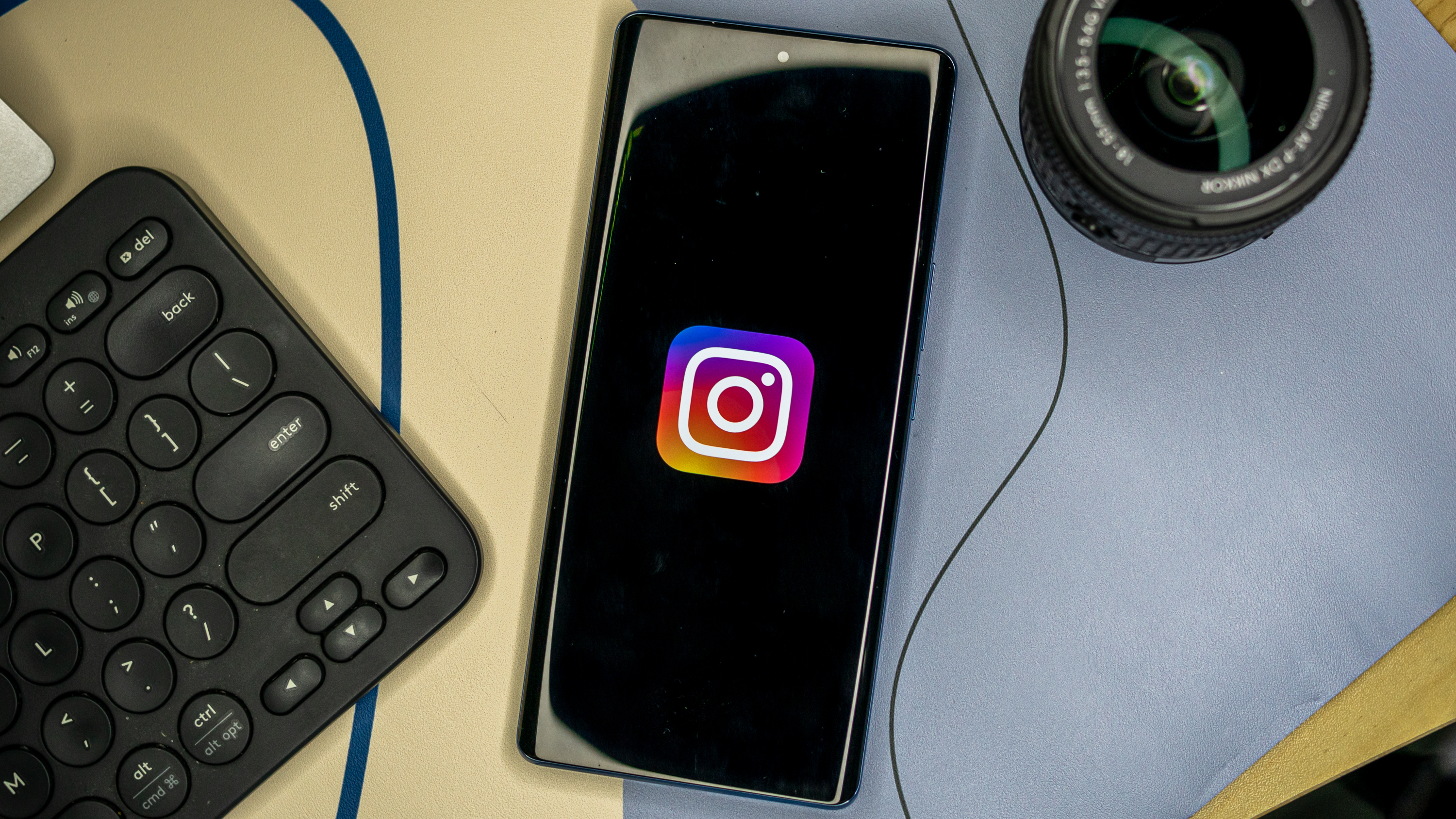
What you need to know
- Australia's government introduced a bill that would ban social media for kids under 16 years old.
- The proposed ban is the first of is kind and would be the strictest to date, with no exceptions for parental consent or existing accounts.
- While the government recognizes some kids will find workarounds, it's committed to implementing thorough age verification systems that could require government ID or biometrics.
Australia today introduced a bill that would impose a far-reaching ban on social media for children under 16, if it passes parliament, according to Reuters. In many ways, the ban would be the strictest to date.
By making 16 years of age the minimum for social media use, Australia is proposing the highest minimum age set by a country. Additionally, it wants to fine social media platforms up to $32 million for their role in reaching children, if they try and thwart the proposed restrictions.
"This is a landmark reform," said Australian Prime Minister Anthony Albanese in a statement to Reuters. "We know some kids will find workarounds, but we're sending a message to social media companies to clean up their act."

Australia is currently governed by a center-left majority in parliament, the Labor party, but Reuters reports the opposition Liberal party plans to support the proposed bill as well. Some members of government, such as the Green party and undefended members of parliament, are waiting for more details before throwing their support behind the potential social media ban. However, with the majority and Liberal party in tow, this proposed bill has a real chance of becoming law.
Compared to current regulations in France and the U.S., Australia's proposed bill would provide no exceptions for social media use by children under 16. Meanwhile, kids can dodge France's social media ban by gaining parental consent. The U.S. has rules requiring parental consent for data collection from kids under 13, but it doesn't have a strict social media ban for children at this time.
Australia's ban has the potential to be most effective because it can't be skirted by gaining parental consent. Under the proposed law, no child under 16 can access social media services — regardless if they have parental consent or an existing account. The country plans to test an age verification system that could use biometrics or government ID as a way to curb social media use by minors.
While the legislators are aware that some kids will find ways around the government ban, the stringent restrictions mean that it could have a real effect on social media use by children. Additionally, legislators seem to have introduced this bill to start holding social media companies accountable, while also getting young children off their platforms. TikTok, Instagram, and Snapchat are just a few apps and sites that would be affected.







